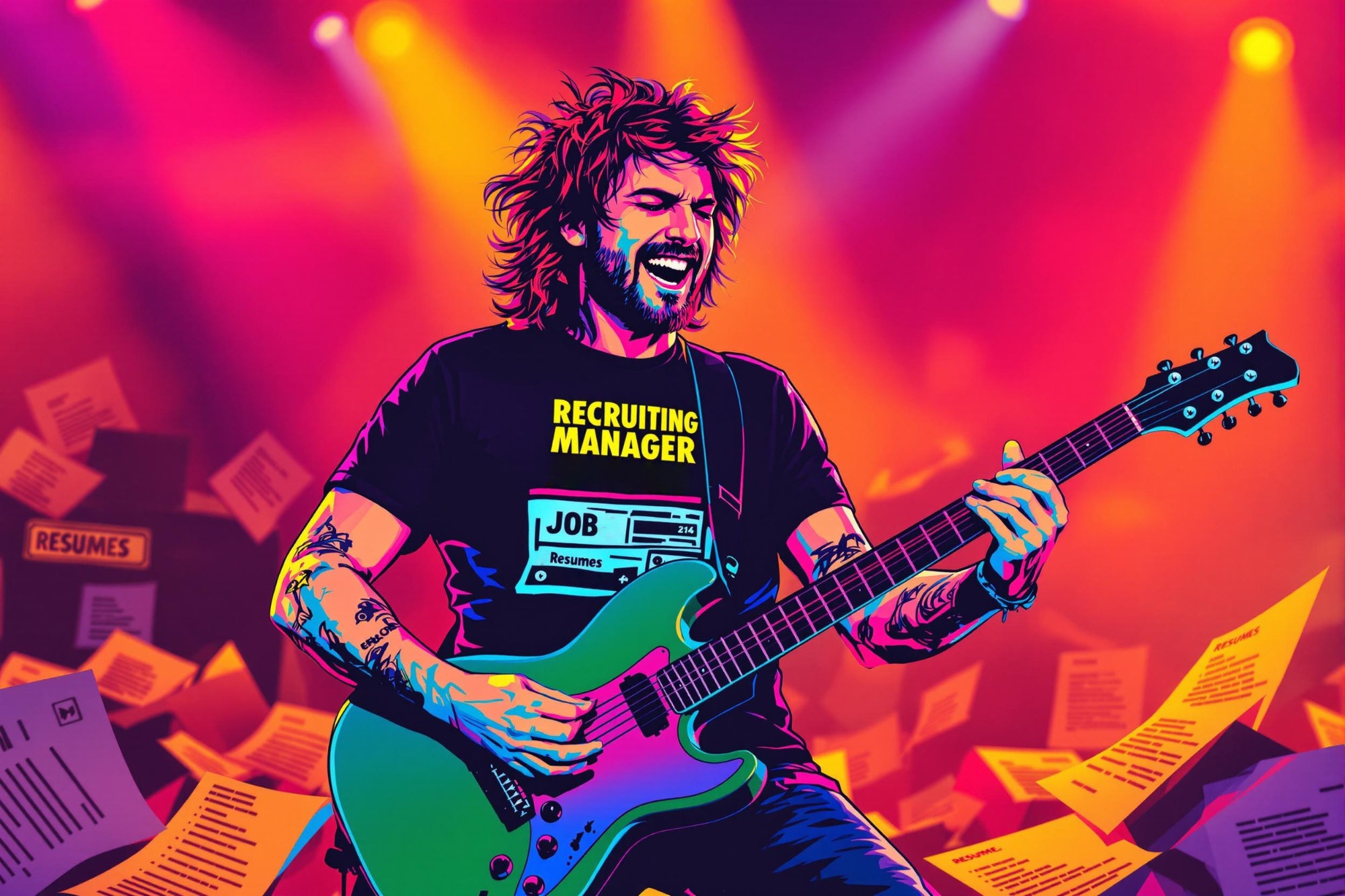
Mouth Clicks
Mouth clicks are unwanted sounds that happen during voice recording when a voice actor's mouth is too dry or makes sudden lip-parting noises. In the voice acting industry, the ability to control or eliminate these sounds is an important skill. Voice actors and audio editors need to know how to prevent these sounds during recording or remove them during editing to deliver professional-quality audio. This is particularly important for audiobooks, commercials, and other voice-over work where clean, clear audio is essential.
Examples in Resumes
Developed techniques to minimize Mouth Clicks during long-form audiobook narration
Trained voice actors in proper hydration and technique to prevent Mouth Clicks and other mouth noise
Expert at editing and removing Mouth Clicks and other audio artifacts in post-production
Typical job title: "Voice Over Artists"
Also try searching for:
Where to Find Voice Over Artists
Voice Acting Communities
Job Boards
Professional Networks
Example Interview Questions
Senior Level Questions
Q: How do you handle mouth clicks when directing other voice actors?
Expected Answer: An experienced voice director should discuss preventive measures like proper hydration, mic positioning, and techniques for maintaining moisture in the mouth. They should also mention their process for giving feedback and helping actors develop self-awareness of their mouth sounds.
Q: What is your approach to editing mouth clicks in a rush delivery situation?
Expected Answer: Should demonstrate knowledge of quick but effective editing techniques, when to prioritize fixing certain clicks over others, and how to balance time constraints with quality requirements.
Mid Level Questions
Q: What techniques do you use to prevent mouth clicks during long recording sessions?
Expected Answer: Should mention practical solutions like staying hydrated, using specific foods or drinks, proper mouth exercises, and recording technique adjustments.
Q: How do you identify and remove mouth clicks in post-production?
Expected Answer: Should explain their process for identifying problematic sounds, tools they use for removal, and how they ensure the final audio sounds natural.
Junior Level Questions
Q: What causes mouth clicks and why are they a problem in voice recording?
Expected Answer: Should understand that mouth clicks are caused by dry mouth, sudden lip separation, or saliva, and explain why they're distracting in professional audio.
Q: What basic steps do you take to reduce mouth clicks while recording?
Expected Answer: Should mention basic prevention methods like drinking water, avoiding dairy, and proper mic placement.
Experience Level Indicators
Junior (0-2 years)
- Basic understanding of mouth click prevention
- Simple editing techniques
- Proper hydration practices
- Basic mic technique
Mid (2-5 years)
- Advanced prevention techniques
- Efficient editing methods
- Quick problem identification
- Knowledge of various recording environments
Senior (5+ years)
- Training and directing other voice actors
- Complex audio editing expertise
- Project management skills
- Quality control standards development
Red Flags to Watch For
- No awareness of basic mouth click prevention techniques
- Lack of proper hydration practices during sessions
- Unable to identify problematic sounds in recordings
- No experience with audio editing software
Need more hiring wisdom? Check these out...

Speak Up! How Voice Search Is Changing Job Listings and What HR Needs to Do About It

When Job Ads Dance: Why Your Next Hire Might Come From a 20-Second TikTok

Resume Optimizations that Candidates Do to Get Past AI Hiring Filters

